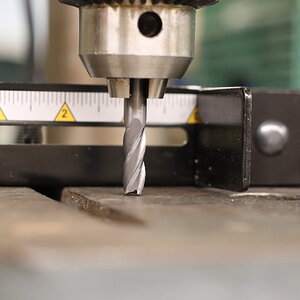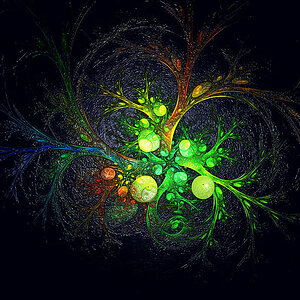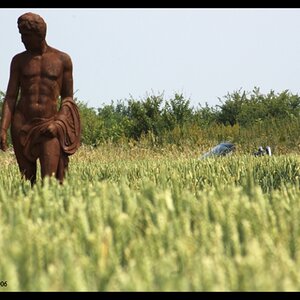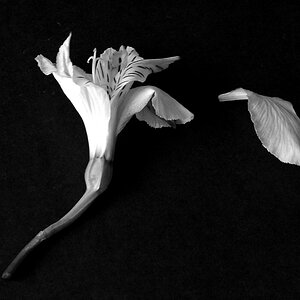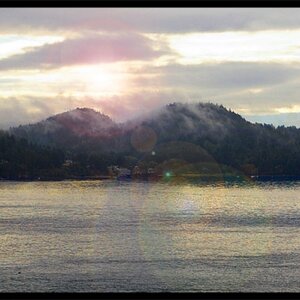j10a11
TPF Noob!
- Joined
- Oct 21, 2014
- Messages
- 8
- Reaction score
- 0
- Can others edit my Photos
- Photos NOT OK to edit
Hey, there! I am new to the website, and new to photography, and I have a question.
I have a Canon EOS Rebel T3 (?), and I would love to get some more lenses for it. I am wondering if, when I one day upgrade to a different camera, I will be able to use the same lenses? It's quite an investment and I want to make sure I'm getting my money's worth!
I do not know at this point what camera I might be upgrading to. Any help is appreciated!
I have a Canon EOS Rebel T3 (?), and I would love to get some more lenses for it. I am wondering if, when I one day upgrade to a different camera, I will be able to use the same lenses? It's quite an investment and I want to make sure I'm getting my money's worth!
I do not know at this point what camera I might be upgrading to. Any help is appreciated!


